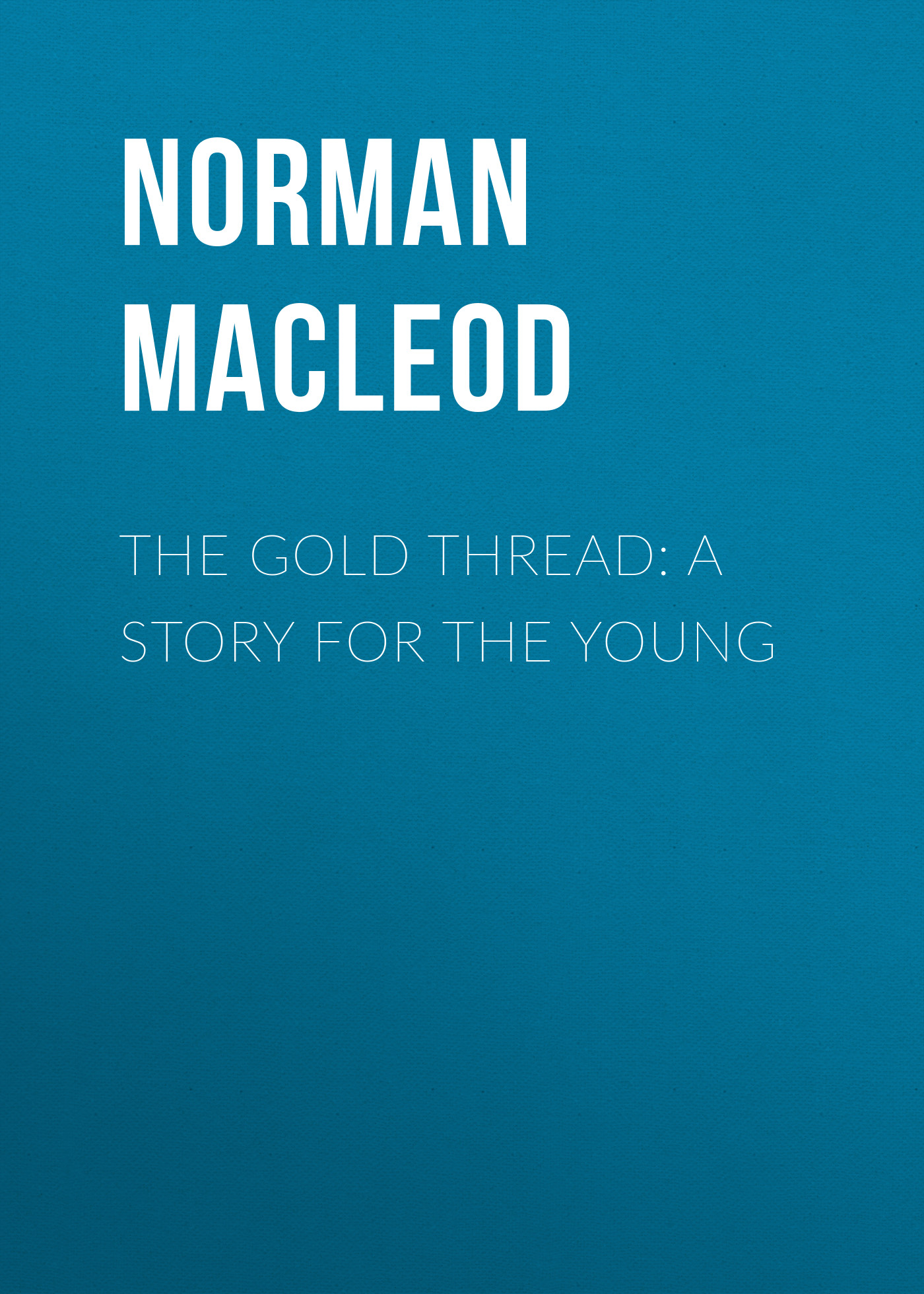Электронная книга: Norman Macleod «The Gold Thread: A Story for the Young»

|
Издательство: "Public Domain"
электронная книга Скачать бесплатно на Litres |
Другие книги автора:
| Книга | Описание | Год | Цена | Тип книги |
|---|---|---|---|---|
| Atlas of Benthic Foraminifera | An up-to-date atlas of an important fossil and living group, with the Natural History Museum. Deep-sea benthic foraminifera have played a central role in biostratigraphic, paleoecological, and… — John Wiley&Sons Limited, электронная книга Подробнее... | электронная книга |
Norman MacLeod
Reverend Norman MacLeod (
Early life
Norman Macleod was born in Kirk Street,
His father and grandfather bore the same name. In 1827 he became a student at the
Career
At this time the troubles in the Scottish Church were already gathering to a head. MacLeod, although he had no love for lay patronage, and wished the Church to be free to do its proper work, clung firmly to the idea of a national
In 1860 MacLeod was appointed editor of the new monthly magazine "
In 1865 MacLeod risked an encounter with Scottish
Late life
In 1867, along with Dr Archibald Watson, MacLeod was sent to
His Glasgow church was named after him, the
References
*1911
Источник: Norman MacLeod
См. также в других словарях:
The Cantos — by Ezra Pound is a long, incomplete poem in 120 sections, each of which is a canto . Most of it was written between 1915 and 1962, although much of the early work was abandoned and the early cantos, as finally published, date from 1922 onwards.… … Wikipedia
The Narrative of Arthur Gordon Pym of Nantucket — … Wikipedia
The Adventures of Teddy Ruxpin — Genre Animated series Created by Ken Forsse Written by Marry Crawford Derek Diorio Directed by Chris Schouten Voices … Wikipedia
The Vatican — The Vatican † Catholic Encyclopedia ► The Vatican This subject will be treated under the following heads: I. Introduction; II. Architectural History of the Vatican Palace; III. Description of the Palace; IV. Description of the… … Catholic encyclopedia
The Hall of the Dead — is one of the original short stories by American author Robert E. Howard starring the fictional sword and sorcery hero Conan the Cimmerian, a fragment begun in the 1930s but not finished or published in Howard s lifetime. It was completed by L.… … Wikipedia
Gold — This article is about the metal. For the color, see Gold (color). For other uses, see Gold (disambiguation). platinum ← gold → mercury … Wikipedia
